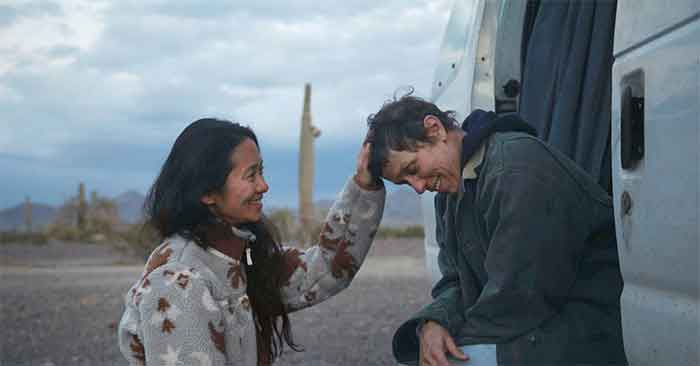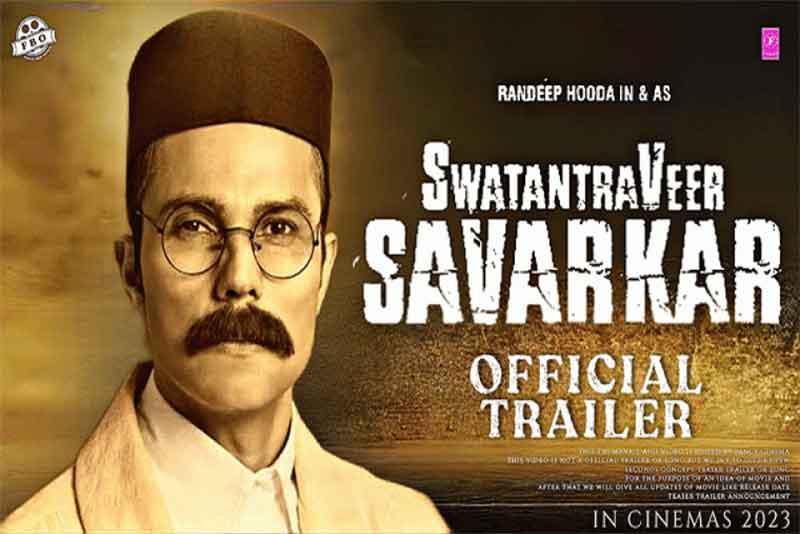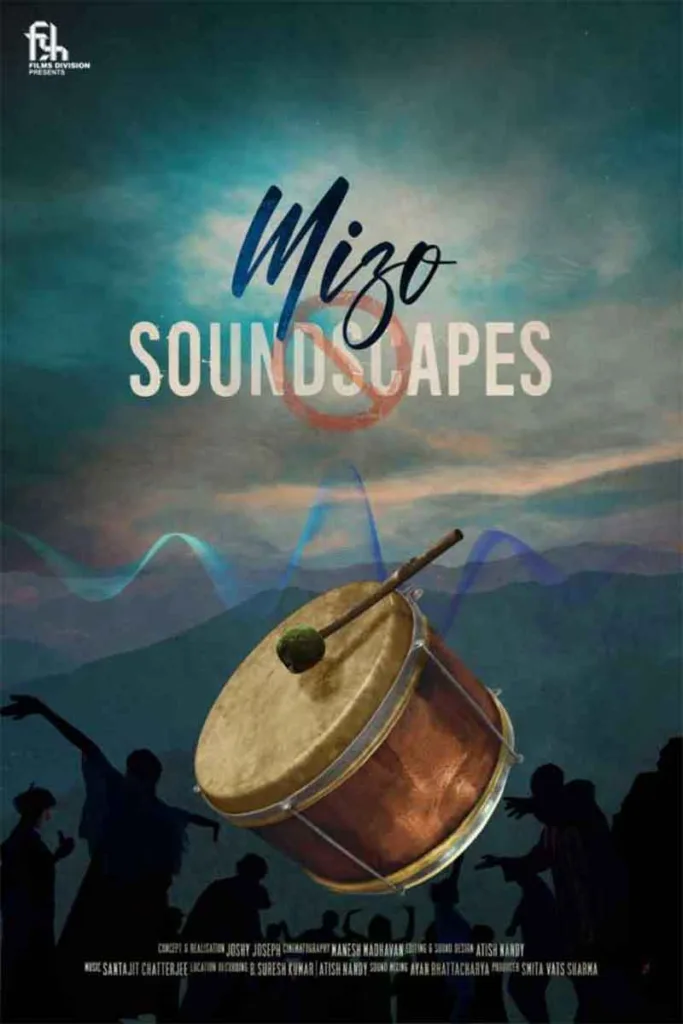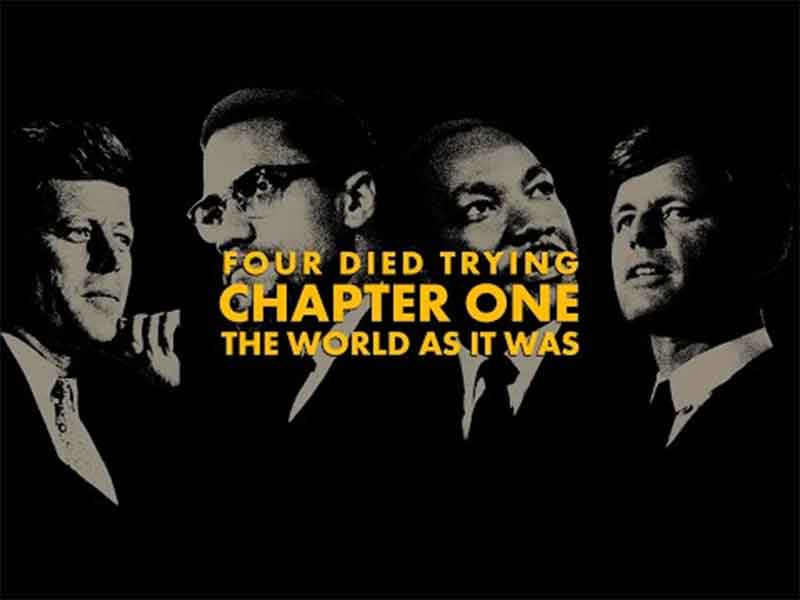Nomadland raises critical concerns about the economy, lifestyle and perceptions of happiness

In Nomadland, the analogy of a motor home is that of a lifeboat. The economy is Titanic, unstoppably sinking thanks to the wreckage. The sinking could be slow, too slow to notice or acknowledge, but it’s inevitable. When Bob Wells, the charismatic vandweller and minimalist who plays himself in the Oscar winning movie, talks to his fellow nomads, the message is unambiguous and explicit. In the context of the Great Recession, against which the story is set, it can’t be sharper and louder. The economy is ruthless, particularly to its underdogs. When the system – read Capitalism – throws away “the work horse that is willing to work itself to death”, and then put out to pasture, what the work horse could do is to live beyond the parameters of the system, to network and support each other through sharing tools and empowering each other.
Nomadland tells that compelling story of a community of nomads, in a fascinating mixture of fact and fiction, poetry and documentary, the political and the spiritual; a film grounded in compassion. As it lauds the alternative lifestyle of the veterans deceived by corporate America, the film is political on one layer; then the plot takes you through the emotional reconciliations of grief and loss of various characters; and towards the end, the journey is elevated to the spiritual as it reassures the offer of reuniting with those who have departed forever, from all the roads the earth offers. The final conversation between the protagonist Fern and Bob Wells is cathartic and insightful; culminating the search that is active in everyone, whether nomad or not, regarding the deeper purpose of life, remembrance and relationships, acceptance, forgiving, happiness, and serving others.
The nomads in the movie are aged people: beaten, struggling and still hopeful about life. Strikingly, the movie doesn’t intend to paint an alluring picture of glamorous nomad tribe; quite antithetical to the FOMO-inducing nomad narratives one abundantly comes across on the social media. The unequivocal mood is that of uncertainties and hardships; unforgiving weathers and monotonous menial jobs that they seasonally do to survive. It doesn’t please you, it’s just about money. However, profoundly joyous emotional and spiritual moments are in store as reward for physical hardships. Like witnessing hundreds of swallows nesting on a cliff and flying up and down and around you, floating naked all alone in a stream in the wilderness, meeting beautiful people and listening to their stories on a regular basis. The kind of moments you would want to recollect when you die, to reinforce yourself that life was worthy.
The most reassuring thing about the movie is the community spirit of the nomads: the gifts they give, the things they exchange, the lessons they freely teach, the tools they provide to equip people who could be lost to death on the long trails without anyone around. As they know they are outcasts in some way or the other. The system has expelled them on the one hand, and hence fears them; on the other hand, it may secretly envy and admire their guts and determination. Or, in many cases, challenge them and invite back to stay with their “relatives”, to sleep on a proper bed, in spacious rooms and under safe roofs. But, what makes a home a home? Fern corrects a teenager in the movie, “I am not homeless, I am just house-less”. Not the same thing, of course.
People could be on the road out of compulsion or choice. The director Chloe Zhao empathetically brings real-life vandwellers on screen, playing fictionalized part of themselves; incredible men and women. When they share their stories of being on the road, one of the movie’s occasional sneak-ins as a documentary, tales of desolation, disillusionment and discoveries abound. No shallow glorifications. Any path is invariably about encounters and departures, and we see them all bidding adieu after leaving part of their soul with Fern, like it happens in great relationships. Also, the movie gives quick insights into what happens to your dear ones back home, when you are constantly on the move.
Nomadland is conspicuous with its absence of urbanity (despite the politically objectionable brand placements); nor are there any youngster, except for the one whom Fern meets on the road twice and the one whose poignant story she learns in the end. Overall, the aged and the highways along with the surrounding landscapes dominate. In short, this is about another America that we often missed – an America that failed to live its dream. It is also about what could happen when the system fails people: when the corporate breaks you, the community heals. The hospitality, gifts, practices of giving, simple acts of kindness and warmth can build hope. In the ongoing panic of the pandemic, “hope” is a word bigger than ever. Connecting to the nature and the true community is what heals broken souls, as Bob reminds in one of his conversations. The same recipe goes for the wrecked civilization, too, as a panacea, if it cares.
Frances McDormand’s impeccable performance makes the movie a great watching experience. The cinematography of Joshua James Richards allows us to contemplate not only on the mesmerizing landscapes that his gifted camera ceaselessly takes us through, but also to the foggy, shining hearts of the characters that we get to see in so many golden hour shots. Ludovico Einaudi’s outstanding music sooths and accelerates the optimism of the movie’s vision on humanity: that we all are on the same road and we would meet down the road again, now or later.
Muhammed Noushad is an independent writer based in Kozhikode
GET COUNTERCURRENTS DAILY NEWSLETTER STRAIGHT TO YOUR INBOX
















































